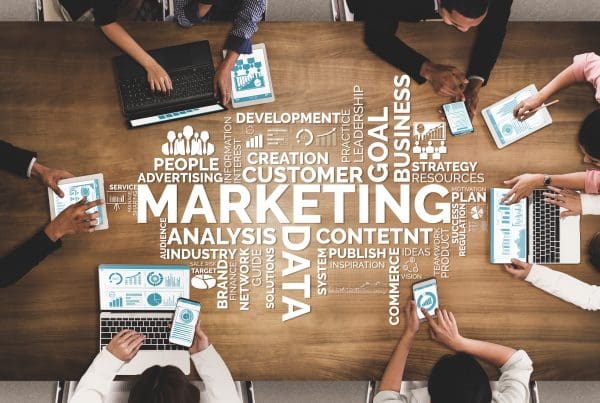Last Updated on 27/08/2025 by Arabella Brown
Does AI Imagery affect SEO?
At Icarus Marketing we are a small team with a large scope of clients across the globe. Our offices are based in the beautiful artisan town of Holywood in Northern Ireland.
We believe in accurate market research and design stunning well thought out websites with effective marketing campaigns. As a client led agency our marketing campaigns and web designs are fresh, innovative, and original. Our goal is to see our clients do well with their digital assets and. campaigns and with over 45 active clients we’re keeping busy and pushing ourselves to stay ahead of the pack in a competitive industry for both us and our clients. We like to keep our work up there with the latest trends and reliable data and will constantly refine websites, seo and the latest optimisation via our green hosting programmes.
AI-generated images can help SEO when used correctly — but they must be high-quality, relevant, and well-optimised. Misuse or lazy implementation can hurt SEO performance.
What are the positive SEO Effects of AI Imagery?
If used strategically and ethically, AI images can enhance your SEO:
Here are some ways AI can boost your SEO:
- Quick Image Generation: AI can help you create images quickly, keeping your content fresh and relevant. This is important because Google considers content freshness as a ranking factor.
- Improved Social Media Sharing: AI-generated images can be optimised for social media platforms like Open Graph and Twitter Cards. This can increase click-through rates from social media, which indirectly benefits your SEO.
- Better User Engagement: High-quality, relevant images can increase the time users spend on your page, lower bounce rates, and improve the overall user experience. All these things are positive SEO signals.
- Increased Image Search Visibility: If you optimise AI images (e.g., by using alt tags or descriptive filenames), they can rank in Google Images. This can bring in additional traffic to your website.
What are the potential SEO Risks of AI Imagery?
- Legal/Content Ownership Concerns – Some AI image generators may produce images with uncertain copyright. Using such images without understanding the licensing terms might cause legal issues — not SEO-specific, but still a serious risk.
- Lack of Originality – If you’re using generic or widely-used AI image styles, it might hurt brand identity or be seen as low-quality by users — even if not penalized directly by Google.
- Missing Metadata – If AI images aren’t properly labeled with alt text, titles, and descriptive filenames, they won’t help with SEO — and may even harm accessibility.
- Google’s E-E-A-T Guidelines – Google’s Experience, Expertise, Authoritativeness, and Trustworthiness framework values authenticity and originality. Overuse of AI content (including imagery) without human input or purpose can work against that.
- Poorly generated or irrelevant images – these can confuse users and make them feel like they’re not getting what they want. This can hurt engagement metrics and make your brand look untrustworthy.
What are the best practices for using AI images for SEO?
Use AI images to supplement, not replace, authentic or brand-specific visuals.
Always include:
- If possible, label AI images clearly (transparency builds trust).
- Descriptive alt text
- Appropriate file sizes (for faster loading)
- Optimized file names (e.g., ai-generated-dog-walking-park.jpg)
- Avoid misleading images that don’t match the content.
- Use structured data (schema) where appropriate to help search engines understand the image.



